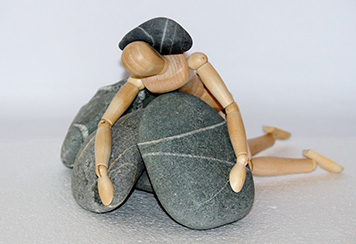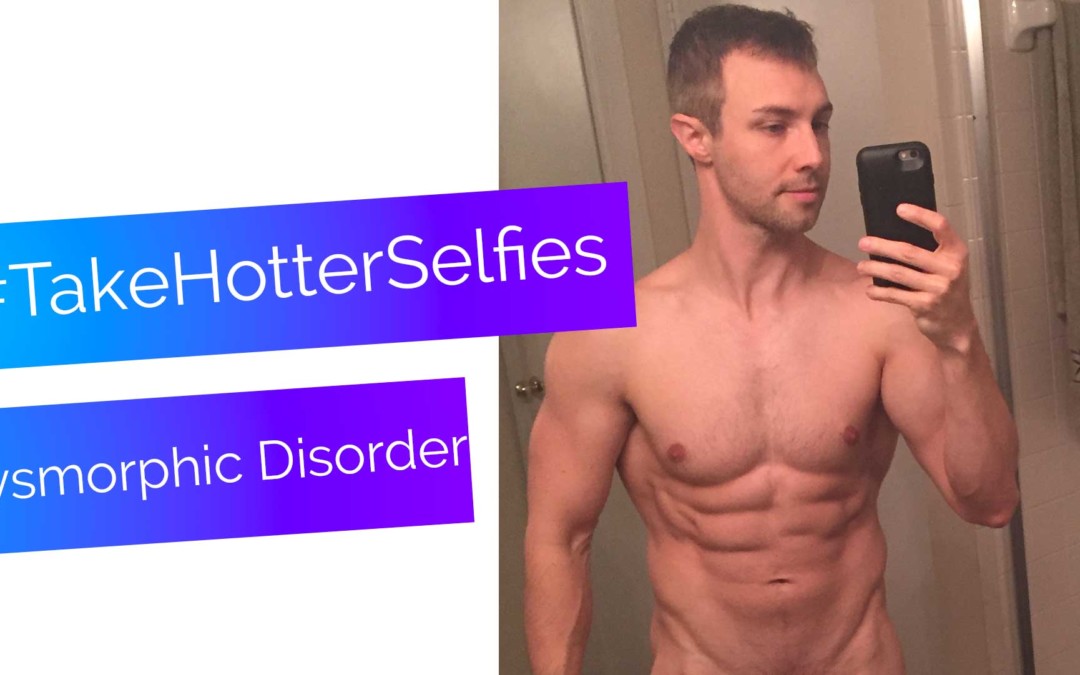How does Dysmorphic Disorder affect me?
Last night I was going through old selfies to measure my fitness progress. And some of those selfies were really, really truly fantastic. But with Dysmorphic Disorder, you really can’t see that about yourself.
So I’m going to share a few of them, and it’s not really for congratulations or vanity, but to make a particular point: I might look content in those pictures, but I was absolutely ripping myself to shreds inside my head. But now, looking at those pictures, I can see I was doing really well, and I didn’t show myself any compassion or gratitude at all.
So I intend to heal, eat properly, work hard, and to show myself a little bit more kindness. And I hope that you can do the same for yourself as well.
Recent Posts

Glycemic Index vs Glycemic Load
This score indicates how damaging a food will be to your blood sugar levels. Foods that score 0-55 are rated low impact (and thus presumed to be better for diabetics and those looking to maintain healthy weight and/or body fat ratios), but this is not the whole picture.

Caffeine: 14 better options to ease SAD
Nearly a year ago to the dot, I wrote an article about Seasonal Affective Disorder (SAD), but there I focused on the importance of getting access to a full range spectrum of light. Here I’d like to focus on caffeine and sleep’s effect on SAD. I’ll also offer suggestions for what to do to help you feel better on the dark days.

Avoid fish oil supplements
I don’t generally promote supplements. Most of them play to specific, isolated points of medical research to serve as a magic pill. One remarkable example of this is fish oil.

